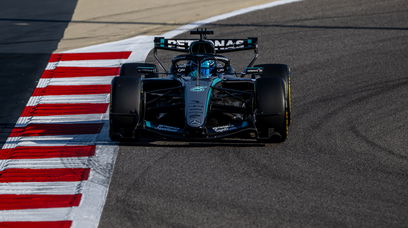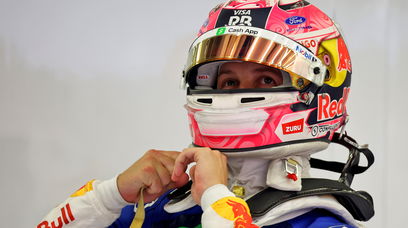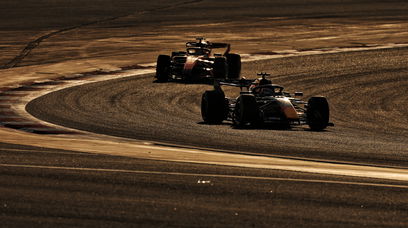McLaren boss Zak Brown has accused some rival teams of trying to win world titles "with chequebooks", expressing frustration at "ongoing lobbying" to increase the recently-introduced budget cap. F1's cost cap came into play for the 2021 season, with teams initially limited to a budget of $145 million, which drops to $140m for 2022 and finally $135m for 2023. However, Brown says certain teams have been pushing to raise the cap by "an inordinate amount of money" to account for Sprint race crash damage, which he feels is "a thinly veiled attempt" to protect their competitive advantage – an apparent dig at the likes of Red Bull and Mercedes. Having trialled the Sprint format at three events in 2021, F1 looks set to increase this to six during the upcoming season , with the first planned for the opening round in Bahrain.
Brown frustrated by teams trying to win "with chequebooks"
Ahead of the 2022 campaign, which also marks the introduction of new technical regulations, Brown has called for an end to the demands from rival teams. "With the spending limit reducing to $140m this year and $135m next, the new financial regulations present us - and the sport as a whole - with a fairer framework to compete by reducing the inevitable advantage of the biggest-spending and best-resourced teams," Brown wrote in a column for the McLaren website. "However, we must continue to drive economic sustainability across the sport. Some teams still look for excuses to raise the cost cap and win World Championships with chequebooks. "The ongoing lobbying by certain teams to increase the cost cap for Sprint race damage is a continuing example. The Saturday Sprint race initiative by Formula 1 has added new viewers and raised the profile of the sport to expand its global fanbase. "However, these teams continue to demand a raise to the cost cap by an inordinate amount of money, despite the clear evidence that little damage was incurred during these races last year, in a thinly veiled attempt to protect from their competitive advantage being eroded. "The current governance structure of the sport enables a situation where some teams, to protect their own competitive advantage, are effectively holding the sport hostage from what's best for the fans and therefore the sport at large. "These teams seem unable to accept that a budget cap is in the best interests of the sport and cannot kick their habit of spending their way to the front."
McLaren also concerned about influence of 'B teams'
Brown has also expressed worries over the "threat" of A and B teams, such as Red Bull and AlphaTauri, claiming that F1's current setup "allows B teams to be over-competitive compared to constructors". He added: "The regulations, as they stand today, are heavily biased towards B teams/customer teams which is not in line with F1's principle of a group of genuine constructors competing with one another on even terms. It is diminishing what being an F1 'team' means and the fabric of the sport. "F1 needs to be 10 true constructors, where each team - apart from sharing the PU and potentially the gearbox internals - must design and produce all parts which are performance relevant. "Right now, there is too much diversity in the business models between teams. Trying to apply the same set of complex regulations to each, and then policing them effectively, is needlessly complicated and compromised as a result. "This cost-capped environment should allow teams to become more recognisable entities in their own right within a realistic budget, without the concern of significant performance differences based on how much each team can spend. "In a nutshell, the current situation allows B teams to be over-competitive compared to constructors, and A teams to be over-competitive by having the benefit of a B team. "Without a correction, the way things stand mean that any team with championship aspirations needs to have a B team in place and that simply is not Formula 1." Brown ended by criticising the "voting pressure" placed by A teams on their B teams, claiming that - "although these teams won't admit it" - he has seen B teams vote against their own interests to "satisfy the agenda" of their A team.
Most read








